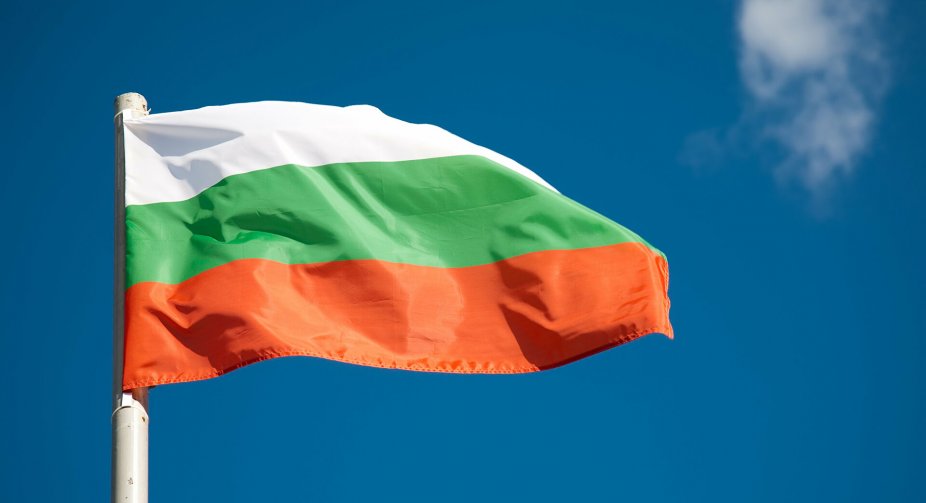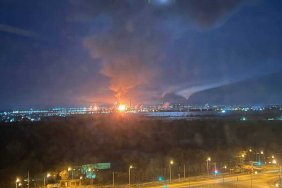The Bulgarian parliament has approved the gradual cessation of Russian oil imports, which will put the country in line with other members of the European Union. This is reported by Bloomberg.
The move means that the largest oil refinery in Southeast Europe, owned by Lukoil and known as Naftochim, will have to look for alternative raw materials. This is a challenge because the refinery mainly processes Russian oil, and the most obvious replacement from Kazakhstan is already in demand in Romania.
Bulgaria and other EU countries have been exempted from the ban on Russian oil imports until the end of 2024, but Bulgaria is pushing for its implementation.
Legislators voted to limit the use of Russian oil at the Naftochim refinery to 80% by the end of this year and to completely abandon it by October next year.
"The issue of sending Russian oil to the refinery is mainly a matter of logistics," Finance Minister Asen Vasilev said. - "To switch to non-Black Sea oil, the actual storage capacity needs to be significantly increased - perhaps doubled - so that the refinery could potentially operate for 20-30 days without a tanker arriving.
Russian oil shipments through the Black Sea to Bulgaria have surged, reaching more than 180,000 barrels per day, triple the level recorded earlier this year. Alternatives include Kazakh oil shipped through the Russian port of Novorossiysk, but a refinery in Romania, which stopped importing Russian oil last year, has already begun taking some of these shipments.
The decision by lawmakers underscores Bulgaria's efforts to diversify its energy supply, especially after it has long relied on Russia for natural gas, oil and fuel for its nuclear power plant.
As a result of the conflict between Russia and Ukraine, which led to the interruption of Russian gas supplies, Bulgaria has been forced to look for alternative sources, including gas from Azerbaijan and liquefied natural gas.
Bulgaria decides to stop importing Russian oil - Bloomberg

Recommended News

The Bulgarian parliament has approved the gradual cessation of Russian oil imports, which will put the country in line with other members of the European Union. This is reported by Bloomberg.
The move means that the largest oil refinery in Southeast Europe, owned by Lukoil and known as Naftochim, will have to look for alternative raw materials. This is a challenge because the refinery mainly processes Russian oil, and the most obvious replacement from Kazakhstan is already in demand in Romania.
Bulgaria and other EU countries have been exempted from the ban on Russian oil imports until the end of 2024, but Bulgaria is pushing for its implementation.
Legislators voted to limit the use of Russian oil at the Naftochim refinery to 80% by the end of this year and to completely abandon it by October next year.
"The issue of sending Russian oil to the refinery is mainly a matter of logistics," Finance Minister Asen Vasilev said. - "To switch to non-Black Sea oil, the actual storage capacity needs to be significantly increased - perhaps doubled - so that the refinery could potentially operate for 20-30 days without a tanker arriving.
Russian oil shipments through the Black Sea to Bulgaria have surged, reaching more than 180,000 barrels per day, triple the level recorded earlier this year. Alternatives include Kazakh oil shipped through the Russian port of Novorossiysk, but a refinery in Romania, which stopped importing Russian oil last year, has already begun taking some of these shipments.
The decision by lawmakers underscores Bulgaria's efforts to diversify its energy supply, especially after it has long relied on Russia for natural gas, oil and fuel for its nuclear power plant.
As a result of the conflict between Russia and Ukraine, which led to the interruption of Russian gas supplies, Bulgaria has been forced to look for alternative sources, including gas from Azerbaijan and liquefied natural gas.





